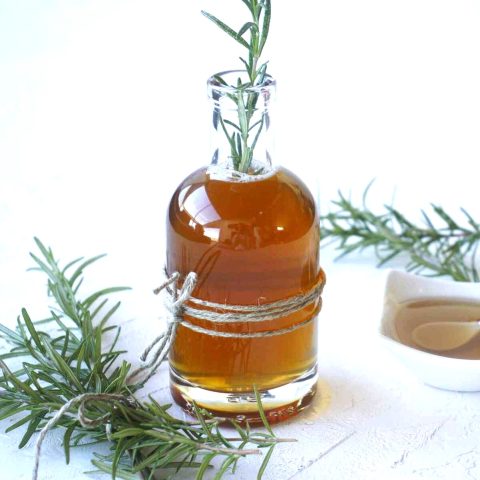The bright yellow and orange flowers of calendula add beauty to gardens but also have medicinal properties that have been used for centuries.
Calendula Officinalis is one of the most popular herbs used to stimulate and improve mood. Today it is one of the most versatile medicines. It is part of many commercially available creams and ointments. Internally it is used for the treatment of digestive and gynaecological disorders, cleanses the skin and helps treat rheumatic diseases.
Calendula has been named “Herb of the Year” in 2008 by the International Herb Association.
For use:
Flowers, essential oil
The main active substances:
Calendula is also very effective in calming muscle spasms and healing hemorrhoids and wounds.
Thanks to its antimicrobial and antiviral properties calendula is very effective in fighting candida symptoms as well as is used in antiseptic topical products.
For it’s antibacterial and antimicrobial properties is calendula very often added to the toothpastes and mouthwashes to fight plaque and cavities.

For healing:
Infusion
One cup of dried calendulas topped with hot water drink 3 times a day for inflammatory diseases of the digestive system. It is also suitable for rinsing vaginal infections or as mouthwashes.
Salve
Use for minor injuries and abrasions or for inflamed and dry skin – eczema, cracked hands, painful nipples, acne or burns. It also works well for fungal diseases – eczema, yeast infections, molds on the feet.
Infusion oil
suitable for hemorrhoids and cracked veins
Tincture
Flowers of calendula
take 40 drops (1 teaspoonful) 3 times a day for painful, severe or irregular menstruation


How to grow calendula
Easy to grow, calendula likes warmer climates. More often you pick the flower, more often it cultivates its flowers. So try to pick them up every tree days preferably on the sunny day. Spread the flowers on the towel to let them dry fully without washing them.

Calendula blooms all summer and spreads to self-seed. Flowers should be picked during the summer.









